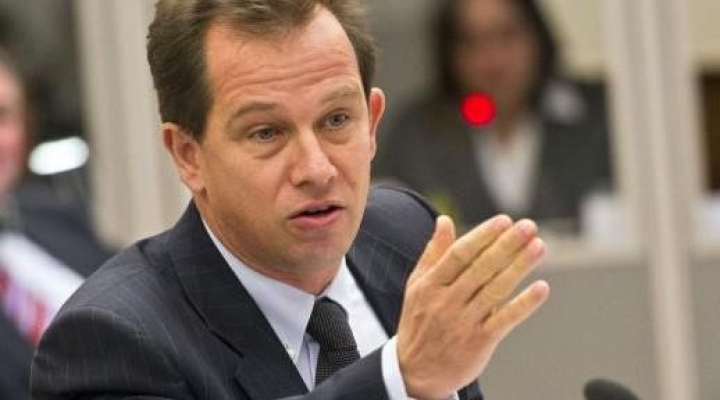Continued financial support for the Erasmus programme, demanded by Csaba Sógor in the EP
At the plenary session of the European Parliament from Strasbourg RMDSZ MEP Csaba Sógor intervened in the discussions concerning two EU programmes: Erasmus for All and Europe for Citizens.
The debate on the Erasmus for All programme- the EU’s programme for education, youth and sport was on the EP’s agenda of Monday, 18 November, when MEPs debated theCommission’s and the Council’s proposal for a regulation.
Csaba Sógor called for uninterrupted financial support for the programme, arguing that “the Erasmus programme is one of the best known and most successful programmes of the EU among European citizens.For millions of students it means not only the possibility to study abroad but also todiscover the continent, experience European identity, diversity and openness towards new challenges. The idea of a common Europe is best served by the Erasmus programme, because these young people will form the future of the continent. This is why it is so vital to bring down all the financial barriers from the way of the Erasmus programme and other programmes linked to it, so that in the next budgetary cycle their financing would not face any interruptions.”
Another subject debated by MEPs was the Commission’s proposal regarding the new Europe for Citizens (2014-2010) programme, which follows the current one and which, despite its relatively modest budget is one of the best known programmes discussed in the EP’s Committee on Culture and Education (CULT).
Csaba Sógor, rapporteur for the Committee on Civil Liberties, Justice and Home Affairs (LIBE) declared: “The objectives of this programme address two of the most important problems of our societies: the fragility of historical memory and weak civil participation. The new generation, fortunately, takes civil rights, democracy and economic development for granted, even though not so long ago these were absent on the continent and Europe had to be rebuilt through the alliance of previously belligerent European states and through strong civic participation. At the same time, understanding and trust between nations resides greatly in knowing the history of each other. There are also, however, diametrically opposed interpretations of history. We must not try to avoid debating different points of view and treat each issue according to its own weight.”
Csaba Sógor called for uninterrupted financial support for the programme, arguing that “the Erasmus programme is one of the best known and most successful programmes of the EU among European citizens.For millions of students it means not only the possibility to study abroad but also todiscover the continent, experience European identity, diversity and openness towards new challenges. The idea of a common Europe is best served by the Erasmus programme, because these young people will form the future of the continent. This is why it is so vital to bring down all the financial barriers from the way of the Erasmus programme and other programmes linked to it, so that in the next budgetary cycle their financing would not face any interruptions.”
Another subject debated by MEPs was the Commission’s proposal regarding the new Europe for Citizens (2014-2010) programme, which follows the current one and which, despite its relatively modest budget is one of the best known programmes discussed in the EP’s Committee on Culture and Education (CULT).
Csaba Sógor, rapporteur for the Committee on Civil Liberties, Justice and Home Affairs (LIBE) declared: “The objectives of this programme address two of the most important problems of our societies: the fragility of historical memory and weak civil participation. The new generation, fortunately, takes civil rights, democracy and economic development for granted, even though not so long ago these were absent on the continent and Europe had to be rebuilt through the alliance of previously belligerent European states and through strong civic participation. At the same time, understanding and trust between nations resides greatly in knowing the history of each other. There are also, however, diametrically opposed interpretations of history. We must not try to avoid debating different points of view and treat each issue according to its own weight.”











